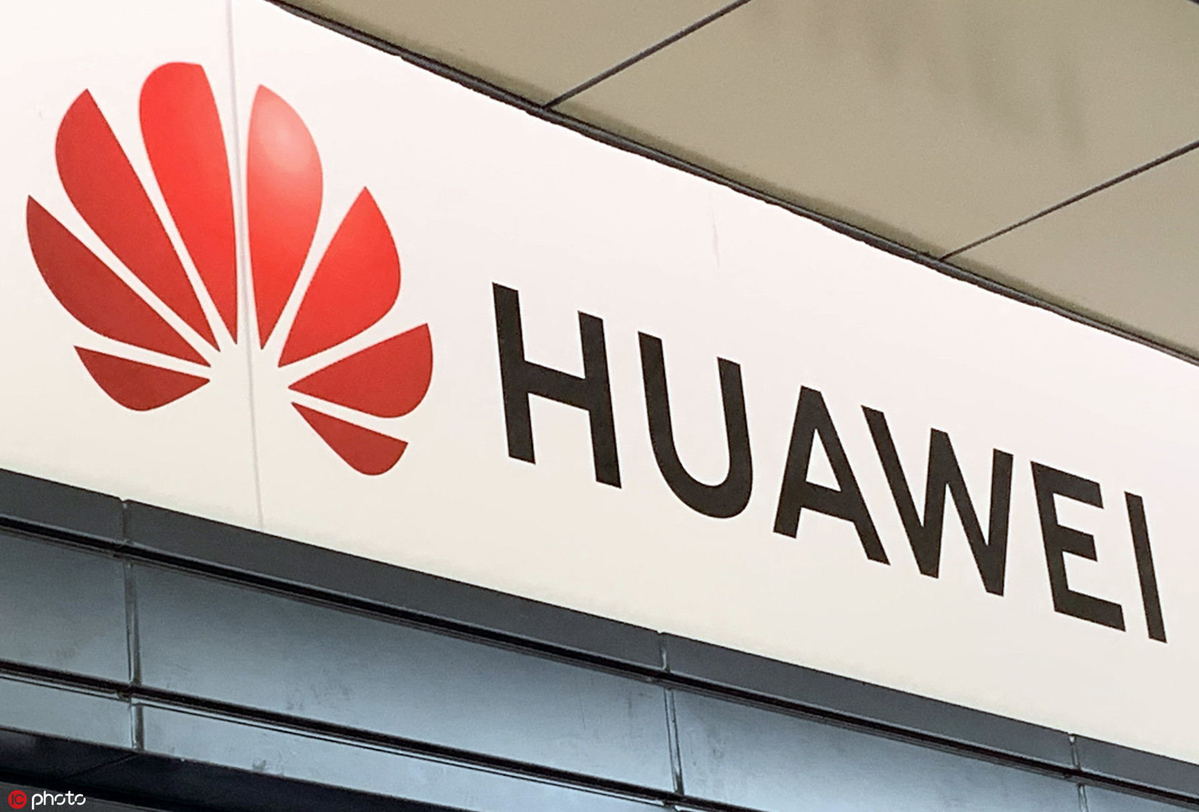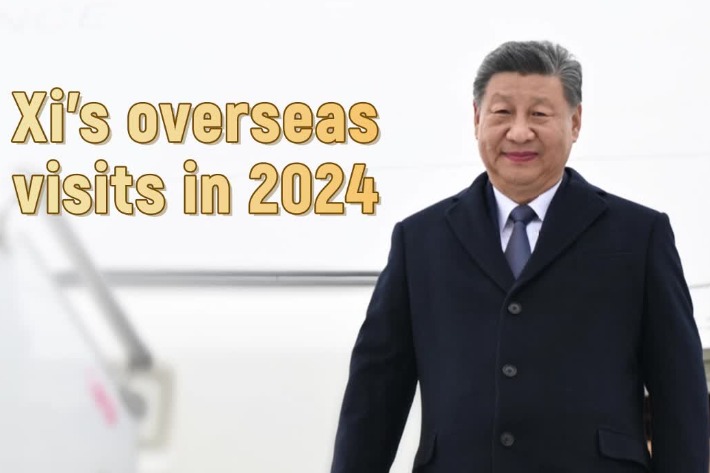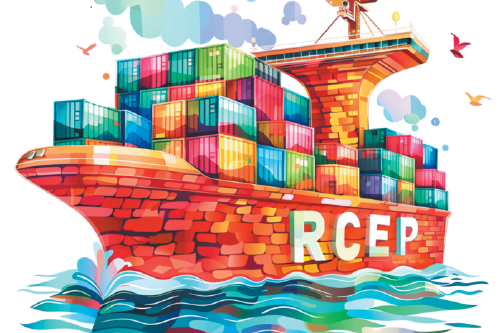Washington's trade folly evident


The US Commerce Department has extended the temporary reprieve given to Huawei, allowing the Chinese telecommunications equipment giant to continue buying supplies from US companies for another 90 days.
The first reprieve that was announced in May after Washington put the company on its Entity List on the grounds that it endangers US national security and harms its foreign policy interests was to expire on Monday.
Extending it does not necessarily mean the US has had a change of heart toward the company-"I don't want to do business (with Huawei) at all because it is a national security threat," the US leader said on Sunday.
Nor is it a true gesture of "good faith" for the forthcoming round of trade talks as the US claims. Too many times the good momentum in the talks has been disrupted unilaterally by the US administration's capricious policies.
Extending of the reprieve is simply expedient, serving as further proof that Washington is not winning the trade war as easily as it expected. Rather, given the close interdependency of economies in the global supply chains, US companies are suffering too as Washington tramples over the principles of free trade.
Out of $70 billion that Huawei spent buying components in 2018, some $11 billion went to US companies including Qualcomm, Intel and Micron Technology.
Banning them from selling to Huawei would mean a huge loss for these US companies, which is why so many US suppliers asked Washington to allow them to continue selling to Huawei after the official ban was imposed.
Actually, an increasing number of people in the US have come to realize the folly of the administration's trade policies.
In a report released on Monday by the National Association for Business Economics, 34 percent of the economists surveyed said they believe a slowing US economy will tip into recession in 2021. That's up from 25 percent in a survey taken in February.
Meanwhile, support for free trade has hit an all-time high in the US, according to an NBC/Wall Street Journal poll released on Sunday. Sixty-four percent of Americans support free trade, up 7 percentage points from the previous time the question was asked in 2017 and up 13 percentage points from a 2015 poll.
A prolonged trade war between China and the US is a dead end. The leaders of the world's two largest economies should be wise enough to avoid the worst-case scenario and work out a solution that benefits not only their own countries but also the world economy as a whole.


































